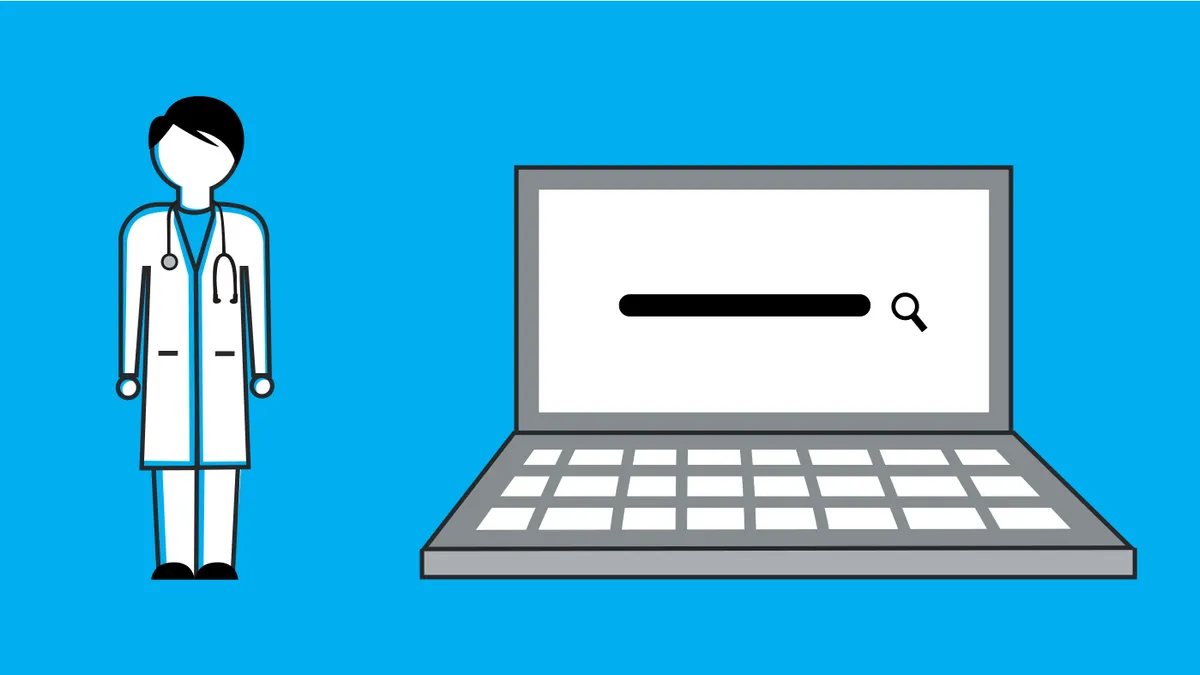Dive Brief:
- The portion of children without health insurance dropped from 7.1% to 4.8% between 2013 and 2015, according to data from the Center for Children and Families at Georgetown University, and Medicaid expansion meant more money for school districts to use to serve students, Education Week reports.
- If the Republican-controlled Congress scraps the law or significantly changes it, millions of students could lose coverage and schools may get less money to support special ed services, including speech and occupational therapy, as well as mental health services.
- Many teacher unions would support a repeal of the excise tax on high-cost employer coverage that some of their plans will otherwise qualify for starting in 2020, and the School Superintendents Association said the requirement to offer insurance benefits to employees working more than 30 hours per week has created negative consequences in schools.
Dive Insight:
What happens to students outside of the school building necessarily impacts their ability to succeed inside it. Even if a child remains covered under a Medicaid program, if his or her parents do not, the impact of health emergencies will still reach the child. Schools do not exist in a vacuum. Neighborhood poverty and violence affect them and the students in them.
It is still uncertain what will happen with the healthcare law under the Trump administration and the Republican-controlled Congress. President Trump has toned down his campaign rhetoric about “Obamacare,” in response to angry constituents who don’t want to lose their coverage. District leaders might consider getting involved in some of the local conversations about the Affordable Care Act’s future. It will not only impact their operations and staffs, but students as well.





 Dive Awards
Dive Awards







